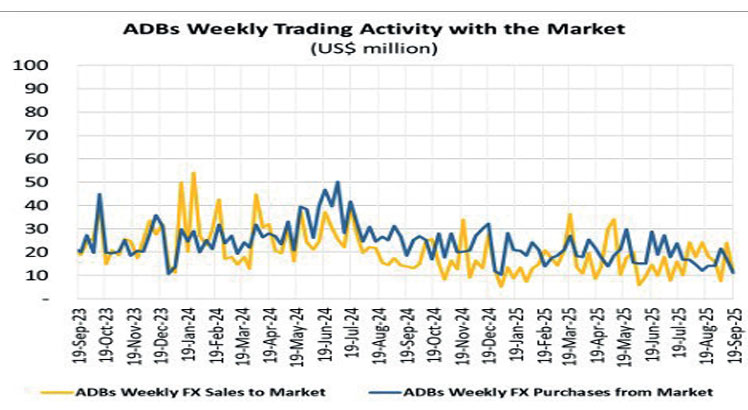Key Business Points
- Malawi’s commercial banks have suspended debit card payments for online foreign exchange transactions, affecting e-commerce and online trade, and businesses are scrambling for alternative payment solutions.
- The measure aims to preserve scarce foreign currency for essential imports, but it has already disrupted businesses, with some customers unable to pay for critical online tools and services.
- Businesses and entrepreneurs are advised to explore alternative payment solutions and to monitor the situation closely, as the Reserve Bank of Malawi’s decision may have long-term implications for the economy and business sector.
The suspension of debit card payments for online foreign exchange transactions by some commercial banks in Malawi has sent shockwaves through the business community, sparking worries about the potential long-term fallout. The measure, intended to preserve scarce foreign currency and redirect them towards essential imports such as fuel and medical drugs, has disrupted e-commerce and online trade. Zinthu zina izi ndi zokweza kwa biashara, or "these things are a challenge for business," as some business owners would say in Chichewa.
Some commercial banks have notified their customers of the suspension, citing the prevailing foreign exchange scarcity. Standard Bank plc, for example, informed a customer that it had rejected their card activation request due to the "temporary suspension of card activation services." The bank apologized for the inconvenience and promised that services would resume "as soon as conditions allow." Kusintha kwa hali, or "changing circumstances," may lead to a reversal of the policy, but for now, businesses are left to find alternative solutions.
The freeze comes at a time when Malawi’s total foreign exchange reserves stand at $607.7 million, equivalent to 2.4 months of import cover, which falls short of the 3.9 months threshold recommended by international financial institutions for credit-constrained economies such as Malawi. Kugundika kwa forex, or "forex scarcity," is a major concern for businesses that rely on online transactions.
For creative professionals, the impact is already being felt. Filmmaker Khama Mbaula of Afritrix Productions said the measure has blocked him from paying for critical online tools such as Dropbox and Google Drive. He noted that having a pre-approved amount of about $100 would help a lot of people. Other customers have also reported being unable to pay for websites and professional emails, leaving them unable to communicate with clients. Kuziba kwa mawati, or "lack of access," to online tools and services is a significant challenge for businesses.
Economics Association of Malawi president Bertha Bangara-Chikadza acknowledged the rationale behind the Reserve Bank of Malawi’s decision, but cautioned against prolonged restrictions. Scotland-based Malawian economist Velli Nyirongo noted that while the policy can stabilize reserves and reduce inflationary pressures, it also creates uncertainty that weakens business confidence. As businesses navigate this challenging environment, they must stay informed and adapt to the changing circumstances. Tizipanga zina, or "we will find a way," is a common phrase in Chichewa, and businesses in Malawi will need to find ways to overcome the current obstacles and thrive in the face of uncertainty.
What are your thoughts on this business development? Share your insights and remember to follow us on Facebook and Twitter for the latest Malawi business news and opportunities. Visit us daily for comprehensive coverage of Malawi’s business landscape.
- Malawi’s Tourism Boom: A K1 Trillion Opportunity for Business Growth! - March 4, 2026
- Bad Loans Fall: Positive Shift Signals Economic Recovery - March 3, 2026
- Bank Levy Deductions Spark Public Outcry and Economic Debate in Malawi - March 3, 2026

